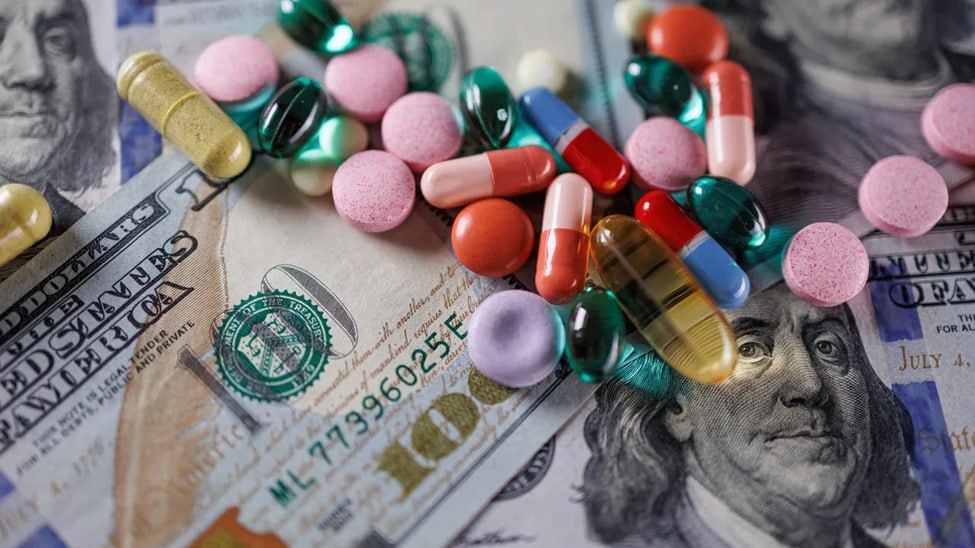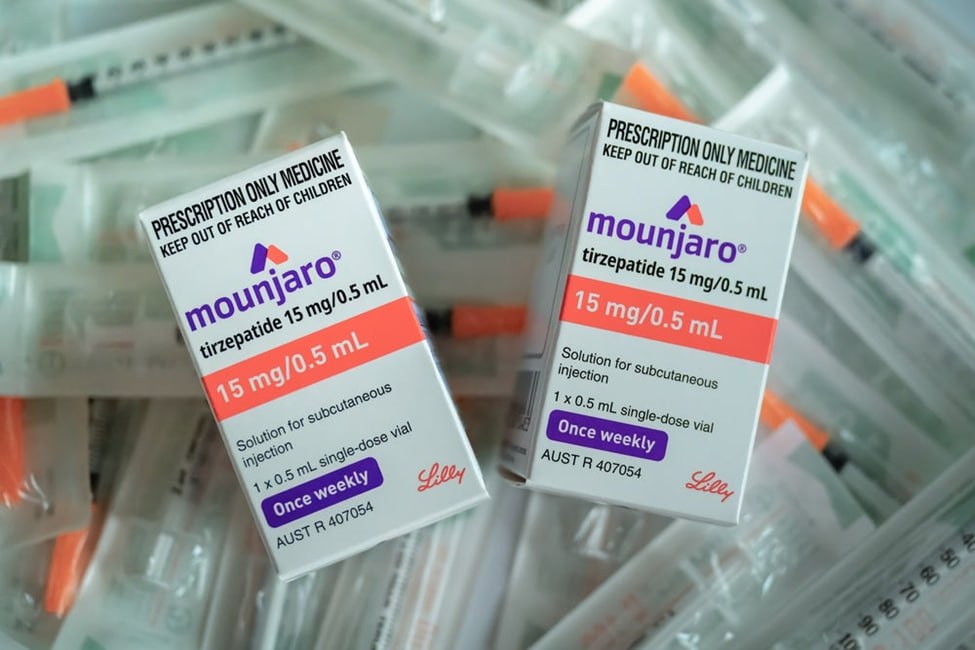The U.S. could have saved up to $1.5 billion in the first year following approval of a drug if the price after rebates and discounts aligned with its benchmark, an analysis from an influential drug pricing watchdog showed on Thursday.
The data from the Institute for Clinical and Economic Review, based on an analysis of 23 drugs previously reviewed by the research firm, comes as President Donald Trump has called for U.S. drug prices to match those paid in other high-income nations.
ast month, Pfizer and Trump cut a deal to cut prices for drugs the company sells to the Medicaid program for low-income Americans and to ensure the U.S. would not pay more for new medicines than other high-income nations.
U.S. patients currently pay by far the most for prescription medicines, often nearly three times more than in other developed nations, even as the government tries to rein in the costs.
The review showed that aligning the prices with ICER’s Health Benefit Price Benchmark could have saved about $1.3 billion to $1.5 billion in the first year post-approval alone.
The benchmark suggests a price range that aligns fairly with the overall health benefits the treatment provides for patients over their lifetime.






